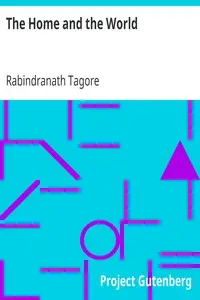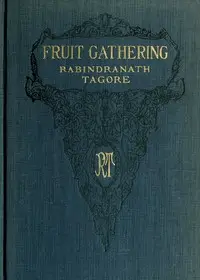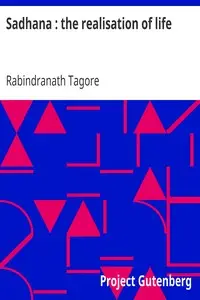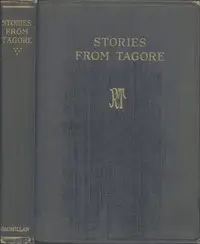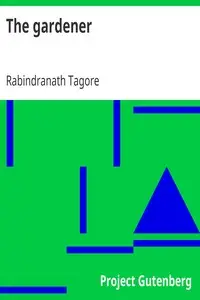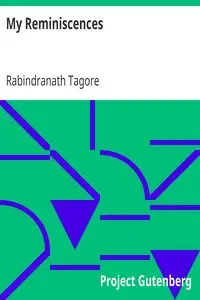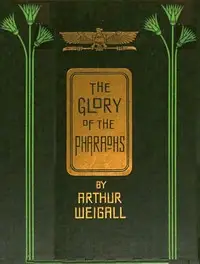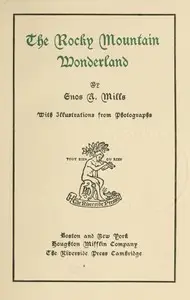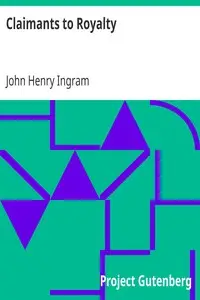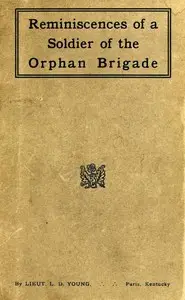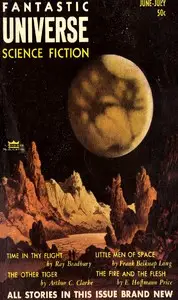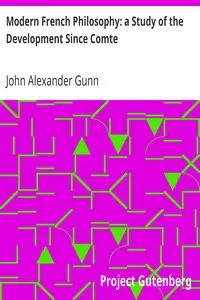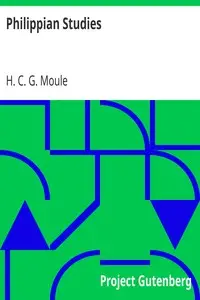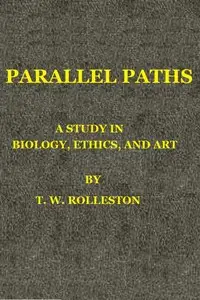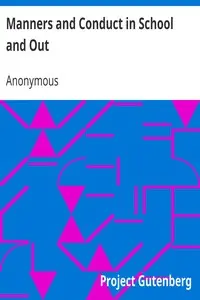"Creative Unity" by Rabindranath Tagore is a philosophical and spiritual treatise written in the early 20th century. The work explores the themes of unity in diversity, the essence of creativity, and the interconnectedness of all existence, celebrating the underlying oneness that transcends the material world. Tagore delves into concepts drawn from Eastern spirituality and philosophy, making a case for the importance of love, beauty, and art in realizing this unity. The opening of "Creative Unity" introduces the notion that the human experience embodies a deep-seated harmony, emphasizing the contrast between our chaotic desires and the eternal truth of unity. Tagore articulates his belief that true joy stems from recognizing the universal connection among all beings rather than becoming lost in the pursuit of individual desires. He reflects on how art and creativity convey this relationship of unity, stressing that life's tragedies act as catalysts revealing our intrinsic joy. This philosophical exploration sets the stage for Tagore's examination of personal and collective consciousness as he invites the reader to contemplate their own connection to the world and the infinite. (This is an automatically generated summary.)
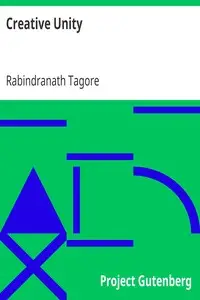
Creative Unity
By Rabindranath Tagore
"Creative Unity" by Rabindranath Tagore is a philosophical and spiritual treatise written in the early 20th century. The work explores the themes of u...
Rabindranath Tagore was a Bengali poet, writer, playwright, composer, philosopher, social reformer, and painter of the Bengal Renaissance. He reshaped Bengali literature and music as well as Indian art with Contextual Modernism in the late 19th and early 20th centuries. Author of the "profoundly sensitive, fresh and beautiful" poetry of Gitanjali, in 1913 Tagore became the first non-European and the first lyricist to win the Nobel Prize in Literature. Tagore's poetic songs were viewed as spiritual and mercurial; where his elegant prose and magical poetry were widely popular in the Indian subcontinent. He was a fellow of the Royal Asiatic Society. Referred to as "the Bard of Bengal", Tagore was known by the sobriquets Gurudeb, Kobiguru, and Biswokobi.

